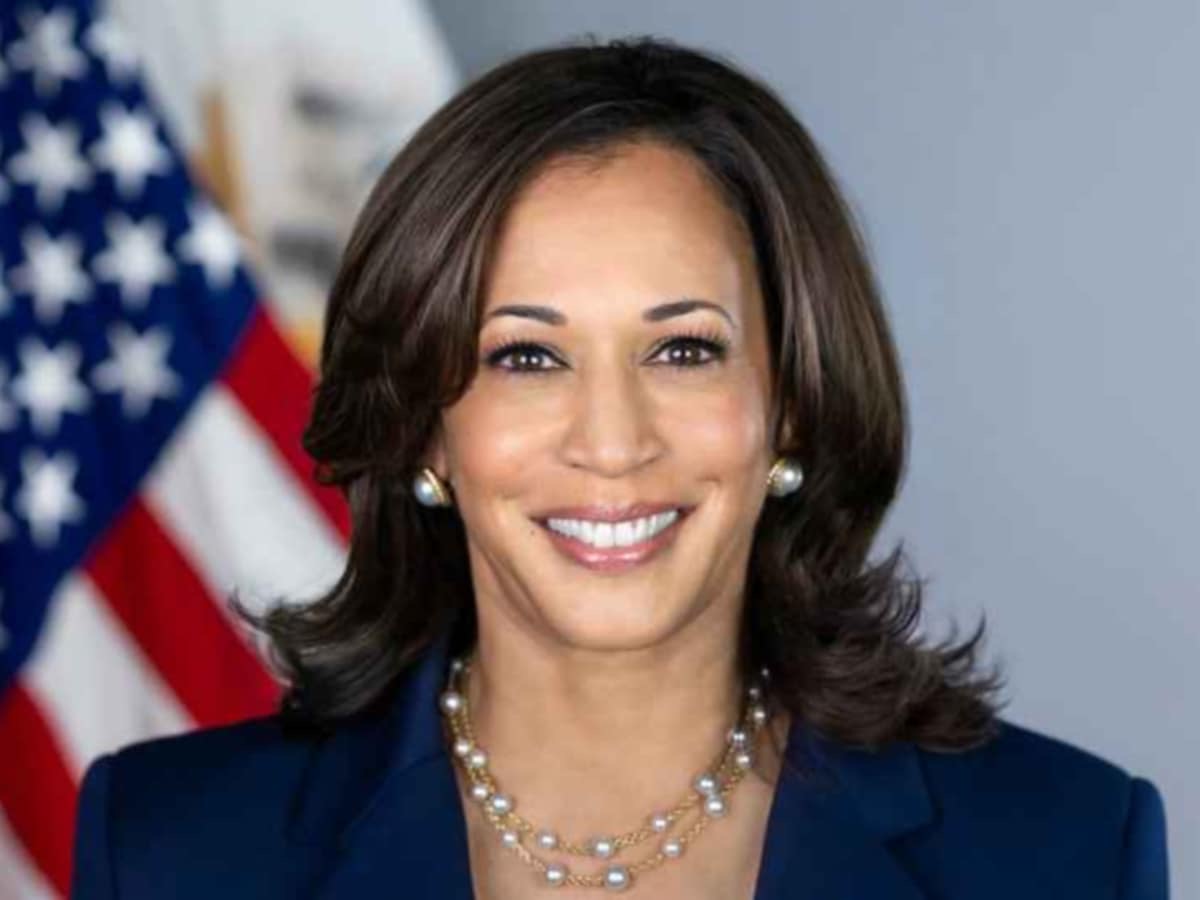The Ascent of Kamala Harris: A Historic Presidential Bid

SHARE
Kamala Harris, born on October 20, 1964, in Oakland, California, has emerged as a significant figure in American politics. Recently announced as the presumptive Democratic presidential nominee for the 2024 election, her rise marks a historic moment in her career. Harris’s journey in American politics is deeply rooted in her background and early experiences, which have shaped her approach to governance and policy-making.
The daughter of immigrant parents, her mother was a pioneering cancer researcher from India, and her father was a distinguished Jamaican economics professor. These multicultural influences provided Harris with a unique perspective on American society and its diverse challenges. She graduated from Howard University and later earned her law degree from UC Hastings. Harris’s legal career began in the Alameda County District Attorney’s Office, where she honed her skills as a prosecutor.
Harris’s political ascent began in earnest when she was elected San Francisco’s District Attorney in 2004. In this role, she championed progressive reforms, focusing on criminal justice and LGBTQ+ rights. However, her tenure was not without controversy. The most significant challenge she faced was the crime lab scandal, where a technician’s misconduct compromised evidence in numerous cases.
The scandal led to the dismissal of around 1,000 drug-related cases and raised serious questions about her leadership and crisis management skills. Critics argued that her office’s failure to inform defense attorneys about the compromised evidence highlighted a need for greater transparency in the justice system.
Despite these challenges, Harris continued to rise in the political arena. In 2010, she was elected as California’s Attorney General, focusing on consumer protection and environmental justice. During her time as Attorney General, Harris navigated a complex political landscape, balancing her role as a prosecutor with evolving public sentiment on criminal justice.
She faced criticism from both sides of the political spectrum, particularly regarding her stance on the death penalty and her support for higher bail amounts for gun-related offenses. These positions were seen as inconsistent with her progressive image and sparked debate about her true commitment to reform.
In 2017, Harris was elected to the U.S. Senate, where she quickly gained national attention for her rigorous questioning during hearings on issues such as gun control and healthcare reform. Her sharp, incisive style earned her a reputation as a formidable legislator and a fierce advocate for her constituents. As a senator, Harris’s legislative priorities included women’s rights, gun safety, and climate change, areas where she achieved significant milestones.
Since January 2021, Harris has served as Vice President of the United States. In this role, she has continued to prioritize key issues such as women’s rights, gun safety, and climate change, achieving notable legislative successes.
Her endorsement from President Joe Biden, following his decision to withdraw from the 2024 race, positions her as a formidable presidential candidate. Harris’s platform advocates for equality, economic opportunity, and public health reform, reflecting her commitment to addressing critical national issues.
Harris’s journey from prosecutor to leading presidential candidate exemplifies her dedication to public service and her ability to resonate with a diverse electorate. Her experiences as San Francisco’s District Attorney, California’s Attorney General, and U.S. Senator have prepared her for the challenges of the presidency. As she campaigns for the highest office in the land, Harris’s track record of advocacy and reform will be closely scrutinized by voters seeking a leader who can navigate the complexities of modern American politics.
Her candidacy represents a historic opportunity for the Democratic Party and the nation, as she seeks to build on her legacy of public service and lead the country toward a more just and equitable future.
*Cover Photo/Thumbnail Photo from Whitehouse.gov
RELATED ARTICLES

Smartwatch-Level Performance for Real-World Movement: The HUAWEI Band 11 Series Elevates the Band Experience for as Low as PHP 2,399

Mark Wahlberg and Jonathan Roumie on Faith That Calls for Sacrifice

HUAWEI Mate 80 Pro and WATCH GT Runner 2 Coming to the Philippines in April









